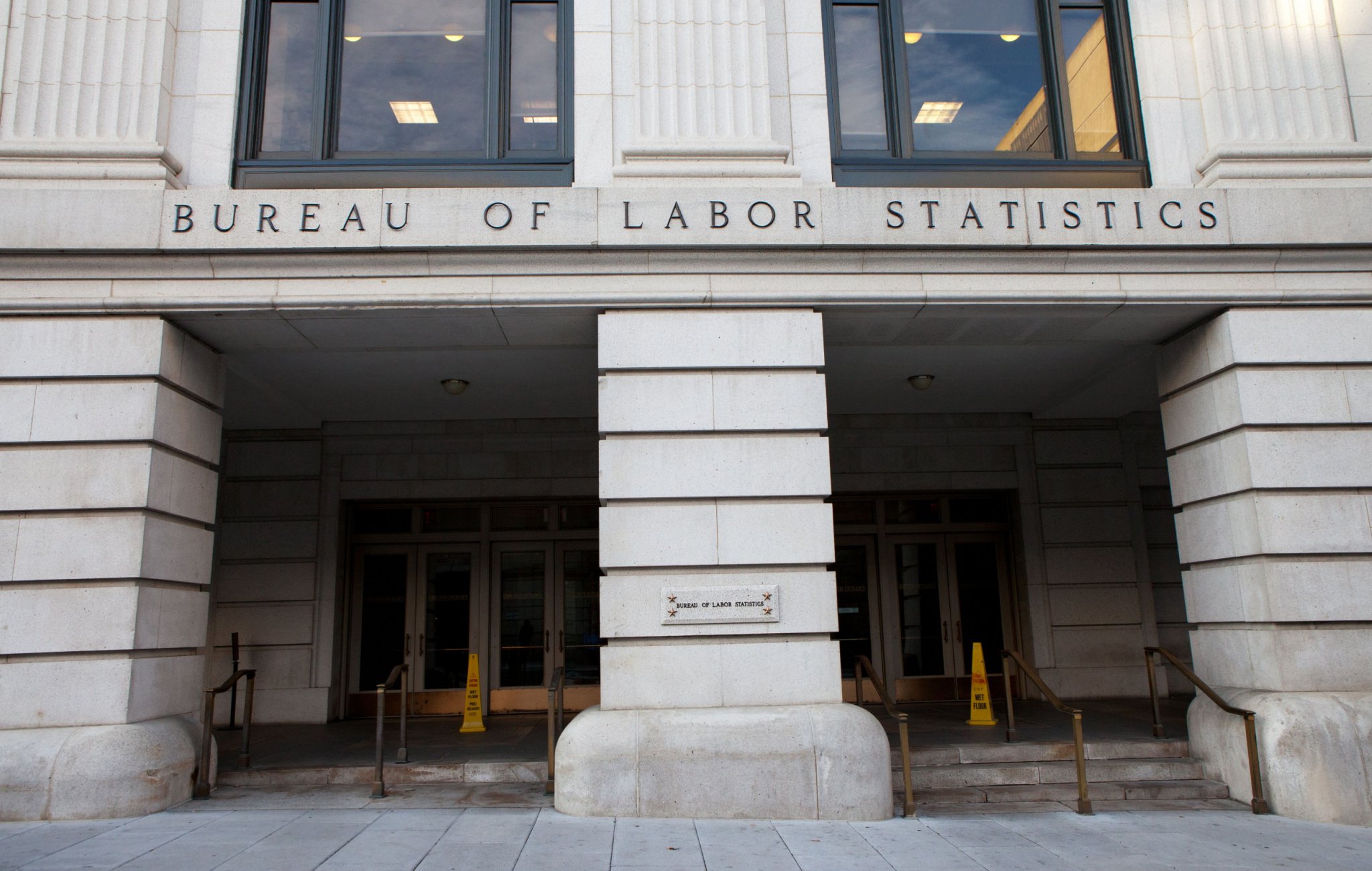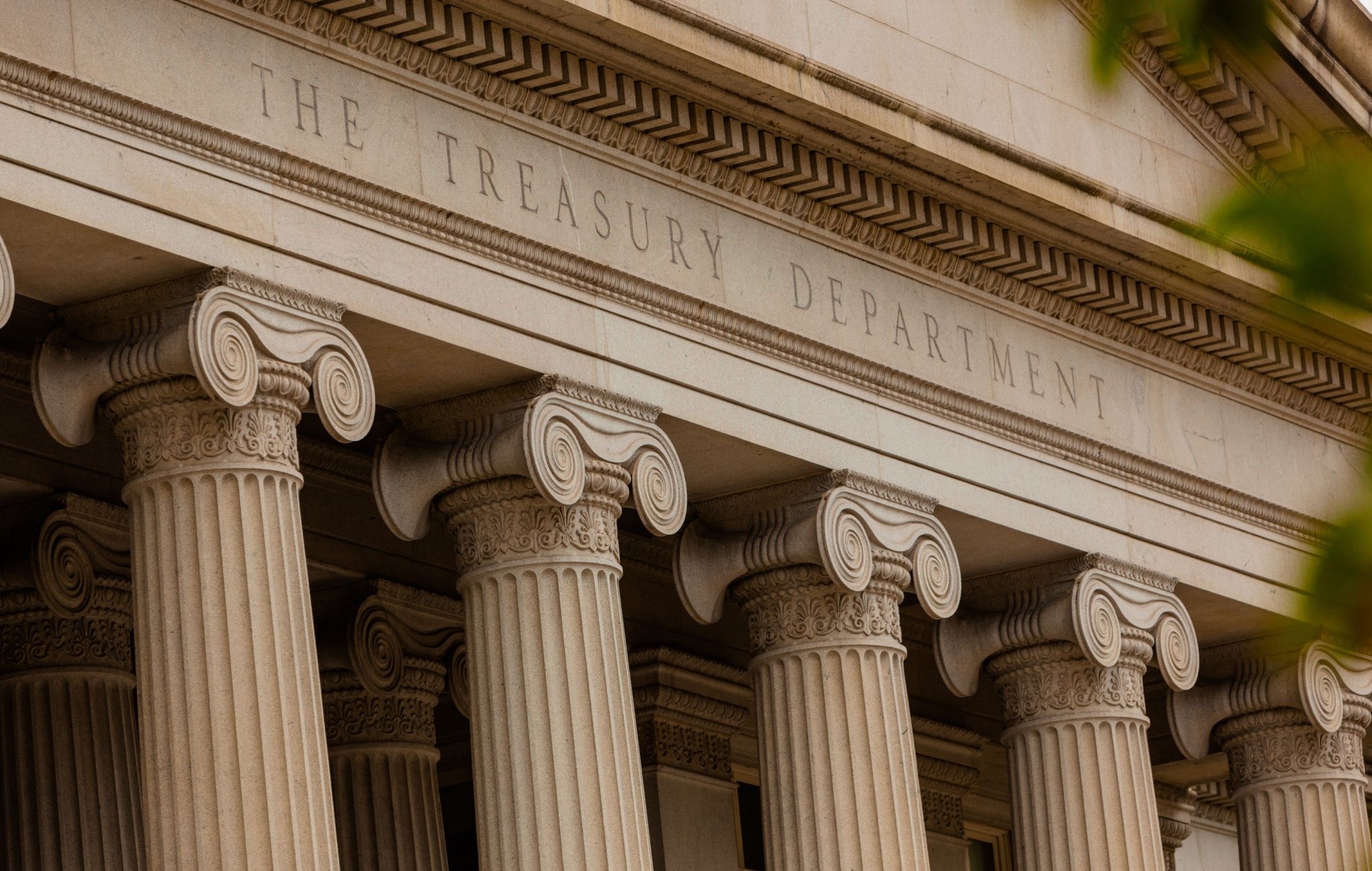Sound Money Project
The Sound Money Project was founded in January 2009 to conduct research and promote awareness about monetary stability and financial privacy. The project is comprised of leading academics and practitioners in money, banking, and macroeconomics.
It offers regular commentary and in-depth analysis on monetary policy, alternative monetary systems, financial markets regulation, cryptocurrencies, and the history of monetary and macroeconomic thought.
For the latest on sound money issues, subscribe to our working paper series and follow along on Twitter or Facebook.
Advisory Board: Steve H. Hanke, Jerry L. Jordan, Lawrence H. White
Director: William J. Luther
Senior Fellows: Nicolás Cachanosky, Gerald P. Dwyer, Joshua R. Hendrickson, Thomas L. Hogan, Gerald P. O’Driscoll, Jr., Alexander W. Salter
Fellows: J.P. Koning
|
Congress Overspends, but the Fed Inflates
“At most, large deficits impelled the Fed to support the market for government debt by purchasing more debt than it should have. The central bank, not the fiscal authorities, is the residual determiner of aggregate demand.” ~Alexander W. Salter
|
Two Kinds of Transitory Inflation
“Team Transitory’s narrative just doesn’t cohere. Whether we’re trying to explain the Great Inflation of the 1970s and early 1980s, or the inflation of the past two years, we need to rely on demand-side mechanisms.” ~Alexander W. Salter
|
An Inflation Resurgence, or Just Relative Price Changes?
“Microeconomic relative-price dynamics increasingly drive inflation measurements. That means the Fed should not be afraid to ease off the brakes.” ~Alexander W. Salter
|
Dollarization in Argentina: A Missed Opportunity
“The delayed implementation of dollarization in Argentina presents challenges that could have been avoided had Milei honored his promise to abandon the peso straightaway.” ~Nicolás Cachanosky
|
Time to Tame the “Apolitical” Fed?
“The Fed’s self-conception as an apolitical technocracy blinds it to the degree to which it has weighed in on fundamental political issues, which instead ought to be deliberated in Congress.” ~Alexander W. Salter
|
The Fed Says Its Record Losses Don’t Matter
“While not a groundbreaking revelation for any central bank, the lack of concern about the economic and institutional implications of monetizing financial obligations is cause for concern.” ~Nicolas Cachanosky
|
Time for the Fed to Ease Up
“Even if Fed economists have underestimated the natural rate of interest by half, monetary policy looks slightly tight. It looks very tight if the natural-rate figures are anywhere close to correct.” ~Alexander W. Salter
|
Inflation On Target in December
“Monetary policy remains very tight. Interest rates are much higher than they were just prior to the pandemic. And the Fed is no longer accommodating expansionary fiscal policy.” ~William J. Luther
|
Happy New Year! Have Some Inflation
“After a rough couple of rounds, inflation has come out swinging. It doesn’t have the legs for a knockout punch, but it remains a troublesome opponent.” ~Alexander W. Salter
|
Who’s Winning the Race for Real-Time Payments?
“The extent to which the Federal Reserve will take measures to hold back TCH-RTP’s growth was not yet clear (and maybe it still isn’t). Institutions may be hedging their bets or testing both systems.” ~Nicolás Cachanosky
|
Inflation: It’s Not the Supply Side
” Some combination of fiscal and monetary policy remains the best explanation for the once-in-a-generation inflation rates that peaked in summer 2022, as well as their gradual decline.” ~Alexander W. Salter
|
Dollarization Is Not Magic
“Rather than dismissing it as magic, one should recognize that dollarization is a pragmatic approach to restoring stability in high-inflation countries that lack credible institutions.” ~Nicolás Cachanosky











